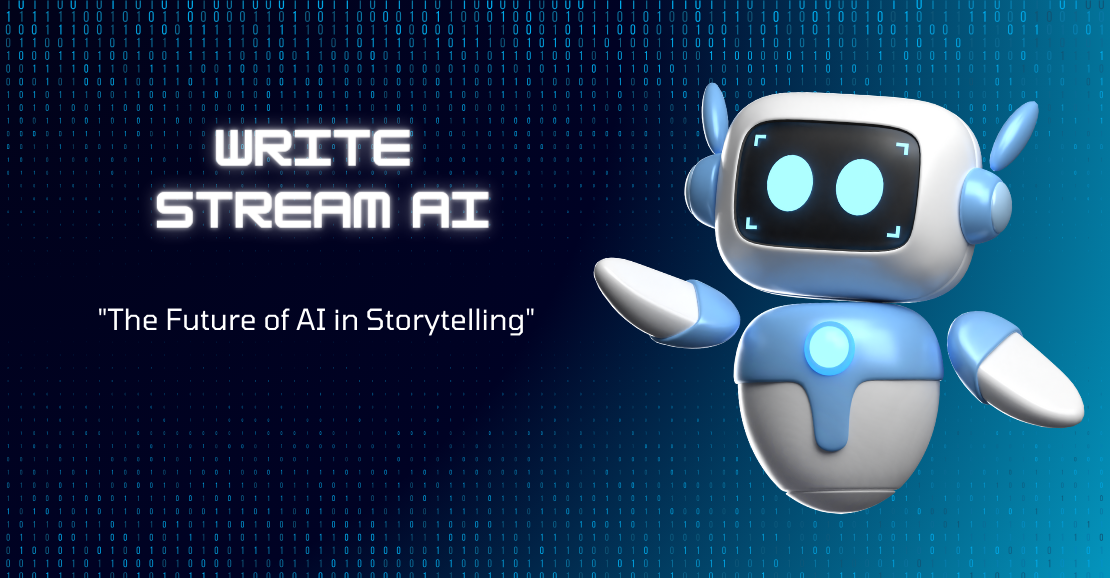Artificial Intelligence (AI) has been steadily making its way into various industries, revolutionizing processes and changing the way we live and work. One field that has been greatly impacted by AI is storytelling. From creating personalized content to enhancing user experiences, AI has the potential to completely transform the way stories are told in the future. In this article, we will explore the possibilities of the future of AI in storytelling.
One of the most exciting developments in the world of AI storytelling is the use of natural language processing (NLP) to create written content. With NLP, machines are able to understand and analyze language, allowing them to generate written content that is coherent and engaging. This technology has already been used by news agencies to create articles and reports, and we can expect to see its usage expand in the future. This will not only automate the process of content creation but also enable more personalized and niche storytelling.
AI also has the potential to streamline the process of scriptwriting for movies and TV shows. By analyzing data from successful films, machines can generate plotlines and characters that are likely to resonate with audiences. This will not only save time and resources but also provide a fresh perspective in the storytelling process. Moreover, AI can also be used to create visual effects and animations that were previously only possible through human labor.
In the future, AI is also expected to play a significant role in the gaming industry. With the advancement of machine learning and AI, video games are becoming more realistic, immersive and personalized. AI is used to create virtual characters that respond to player actions and make the gaming experience more lifelike. This trend is set to continue and we can expect AI to further enhance the storytelling aspect in video games.
Another exciting development is the use of AI in interactive storytelling. With the rise of virtual and augmented reality, there is a growing demand for storytelling that allows users to actively participate in the story. AI can be used to create storylines that adapt and change based on the choices and actions of the user, providing a unique and personalized experience. This has the potential to revolutionize the way we consume media and make storytelling more immersive and engaging.
However, with all the potential and excitement around AI in storytelling, there are also concerns about its impact on the creative process. Many argue that AI lack human emotions and empathy, which are essential for storytelling. It is also feared that AI may lead to a homogenized form of storytelling, with similar plotlines and characters being repeated. These concerns are valid, and it is important for creators to consciously use AI as a tool rather than relying solely on it.
In conclusion, the future of AI in storytelling is undoubtedly a realm of endless possibilities. From generating written content to creating interactive experiences, AI is set to play a major role in shaping the way stories are told. While there are concerns about the impact of AI on the creative process, it is important for us to embrace this technology and explore how it can enhance and innovate storytelling. As with any new technology, it is up to us to shape its usage in a way that benefits and enriches our world.























Write your comment
Cancel Reply